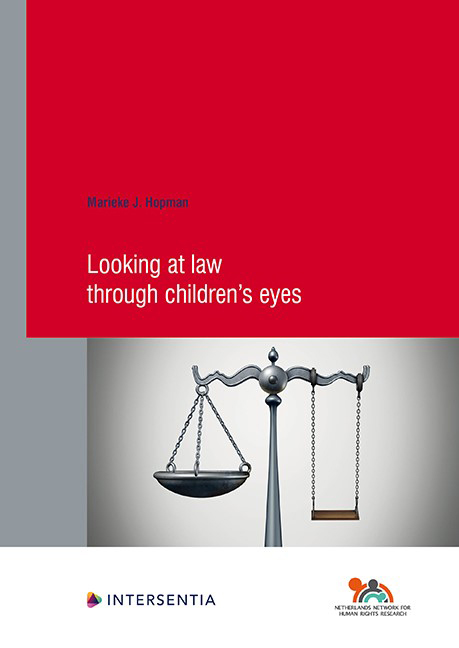PART I - FINDING LAW FOR CHILDREN
Published online by Cambridge University Press: 25 May 2021
Summary
To ask “what is law?” leads us to an old, never-ending philosophical discussion to which there seems to be no definitive answer. However, since this research is attempting to understand children's rights violations in different cultural, social and political contexts, we do have to start at this point. Children's legal rights are necessarily understood in the context of a legal order and form a part of the laws of the legal order. If there is anything we can say about children's rights violations, we have to start by understanding what laws apply to children, who makes these laws, in what position children stand in relation to these laws, what legal order children are part of – if any, and how we can empirically study these laws.
These are therefore the central questions in the first part of this thesis. It is only after we have answered these fundamental questions that we start with empirical research on children's rights. We can then examine empirically, for example, what laws exist for children, how we can study these laws in relation to children and what happens when children's rights are violated (or how they are protected).
The first chapter of part 1 focuses on defining law. This chapter contains a reflection on what makes a law a law and how a law is different from a social norm. Although the chapter does not attempt to solve the unsolvable philosophical question regarding the essence of law, it does attempt to give a comprehensive definition of law and legal orders that can be used for the purpose of the study of children's rights. Zooming in on statutory law, I will construct a new conceptual framework for understanding statutory law that outlines a broader understanding and application of statutory law.
Chapters 2 and 3 contain a hypothesis on the relationship between children and the law. In the second chapter, the unequal power relations between the child and the adult is analyzed from an adult perspective, including the role of law as instrumental to the civic education of children.
- Type
- Chapter
- Information
- Looking at Law through Children's Eyes , pp. 7 - 10Publisher: IntersentiaPrint publication year: 2021

